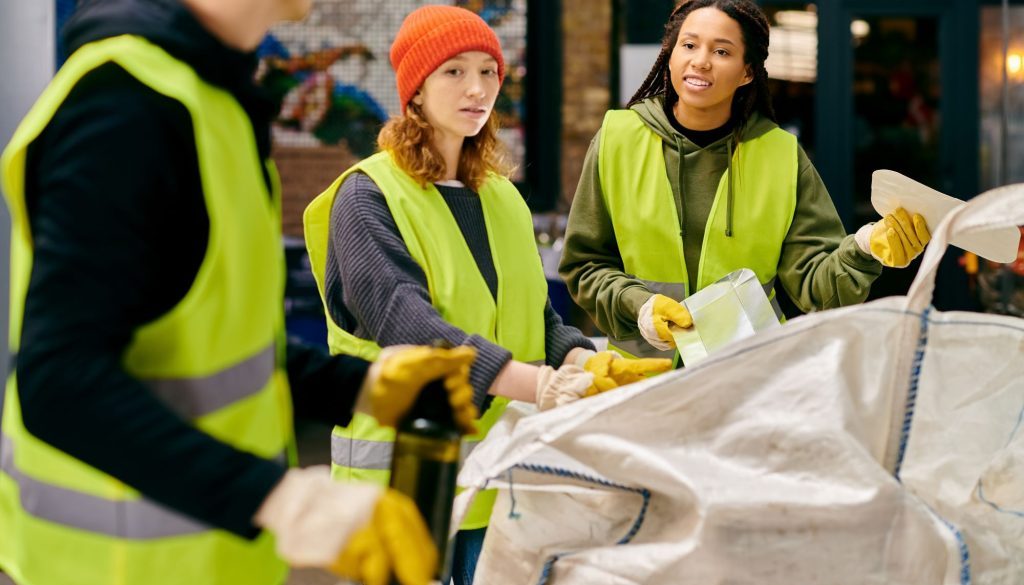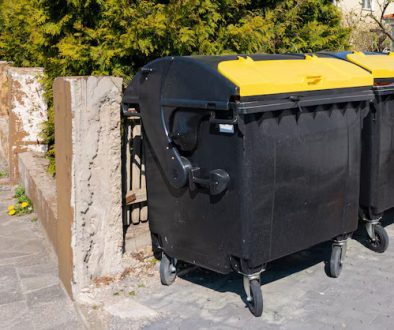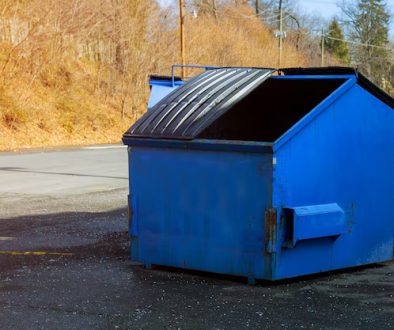As the construction industry continues to grow and adapt, so too does the importance of maintaining environmentally responsible practices. One pivotal aspect of this responsibility is the effective management and recycling of construction waste – a topic that demands attention and action from project managers, contractors, and all other construction professionals. By implementing sustainable waste management practices that prioritise recycling and repurposing of materials, you can minimise the environmental impact of construction projects and contribute to a cleaner, greener future.
In this informative guide, we will explore the environmental benefits of recycling construction waste, discussing its impact on reducing energy consumption, conserving natural resources, and lowering greenhouse gas emissions. Furthermore, we will delve into effective waste management practices that promote recycling and minimise landfill waste, offering valuable insights into implementing sustainable strategies on your construction site.
As a family-run skip hire and aggregate company servicing Staffordshire, we understand the importance of eco-friendly waste management in the construction industry. In this guide, our aim is to provide practical tips and expert advice on making your construction project more sustainable by highlighting the significance of recycling construction waste and inspiring you to make environmentally conscious decisions. In the following sections, we will examine the numerous environmental benefits associated with recycling construction waste and discuss essential strategies for optimising your waste management practices. Let’s begin by understanding the impact of recycling on construction projects and the environment.
Reducing Energy Consumption and Greenhouse Gas Emissions
Recycling construction waste contributes to reducing energy consumption and greenhouse gas emissions by reusing materials and minimising the need for extraction and production of new materials:
– Fewer Manufacturing Processes: Recycling construction materials, such as metals, plastic, and concrete, can reduce the need for energy-intensive manufacturing processes that require large amounts of energy and generate significant greenhouse gas emissions.
– Lower Transportation Emissions: By recycling construction waste onsite or in close proximity to your project, you can reduce transportation-related emissions from hauling materials to landfills or remote recycling facilities.
– Reduced Methane Emissions: Decreasing the volume of construction waste sent to landfills can help lower methane emissions generated from waste decomposition, contributing to reducing overall greenhouse gas emissions.
Conserving Natural Resources
Recycling construction waste plays a crucial role in conserving natural resources by reducing the demand for virgin materials and increasing the reuse of existing materials:
– Preserving Raw Materials: By reusing and recycling construction waste, you can minimise the need for new raw materials, preserving valuable resources such as lumber, aggregates, and water.
– Reducing Deforestation and Habitat Loss: Incorporating recycled wood and other sustainable building materials can help mitigate deforestation, habitat loss, and biodiversity decline caused by unsustainable logging and resource extraction practices.
– Lowering Impacts of Mining: Materials such as metals, aggregates, and sand are often obtained through mining activities, which can be environmentally damaging. Recycling construction waste reduces the demand for these resources and minimises the associated environmental impacts.
Effective Waste Management Strategies for Recycling Construction Waste
Adopting practical and sustainable waste management strategies on your construction site can help promote recycling, minimise landfill waste, and enhance environmental responsibility:
– Waste Segregation: Implement waste segregation practices by designating separate areas for recyclable materials, general rubbish, and hazardous waste, ensuring proper disposal and treatment.
– Regular Site Organisation: Establish a routine for cleaning, organising, and disposing of construction waste, promoting a clean and efficient working environment.
– Education and Training: Provide training and resources to educate construction workers about responsible waste management practices, recycling techniques, and the environmental impact of effective recycling.
– Collaborate With Waste Management Providers: Partner with eco-friendly waste management providers, such as local recycling centres and skip hire services that prioritise recycling, to ensure your construction waste is managed responsibly.
Recycling and Repurposing Materials on Your Construction Site
Utilising and repurposing materials on your construction site can significantly contribute to the environmental benefits of recycling construction waste:
– Deconstruction and Salvage: When dismantling structures or demolishing parts of a building, explore opportunities for deconstruction and material salvage to maximise the recycling and reuse potential of the materials.
– Reclaimed Materials: Incorporate reclaimed materials, such as repurposed wood, bricks, or fixtures, into your project’s design, reducing the need for virgin materials and contributing to an eco-friendly construction process.
– Donating Unused Materials: If you have surplus or unused materials onsite, consider donating them to local charities, community organisations, or other construction projects, contributing to waste reduction and promoting a circular economy.
Conclusion
Embracing the environmental benefits of recycling construction waste and implementing sustainable waste management practices can significantly contribute to enhancing the eco-friendliness of your project. By reducing energy consumption, conserving natural resources, and employing effective waste management strategies, you can minimise the environmental impact of your construction site, while simultaneously adhering to a responsible and ethical approach to the building process.
As a family-run skip hire and aggregate company servicing Staffordshire, we’re dedicated to providing solutions that bolster environmentally responsible waste management. From a wide range of skip sizes to accommodate varied recycling needs to our commitment to promoting eco-friendly practices, we are here to support your construction project’s sustainability journey. For more information on waste management solutions tailored to your project, get in touch with us at Enviro Skip Hire today and make a positive impact on both the environment and the success of your construction venture.




